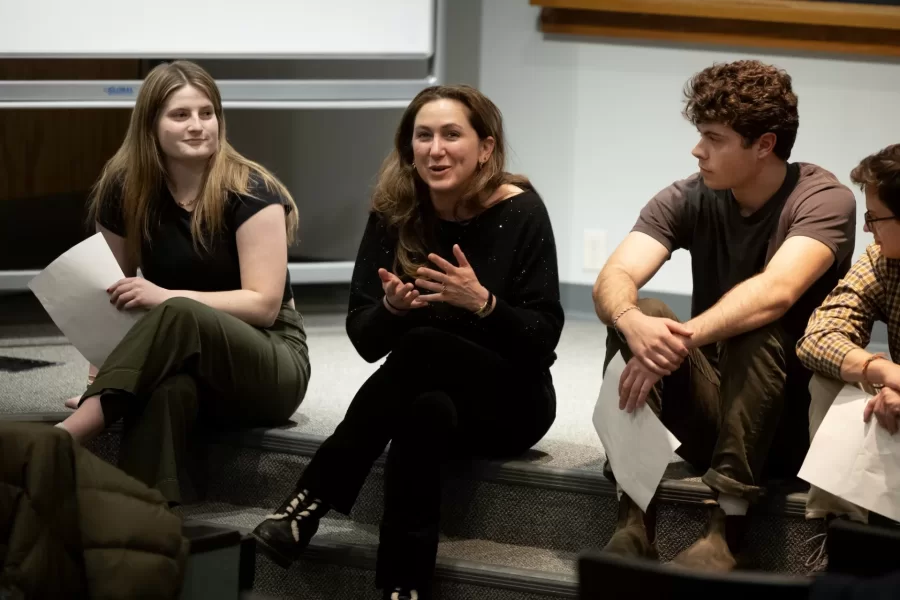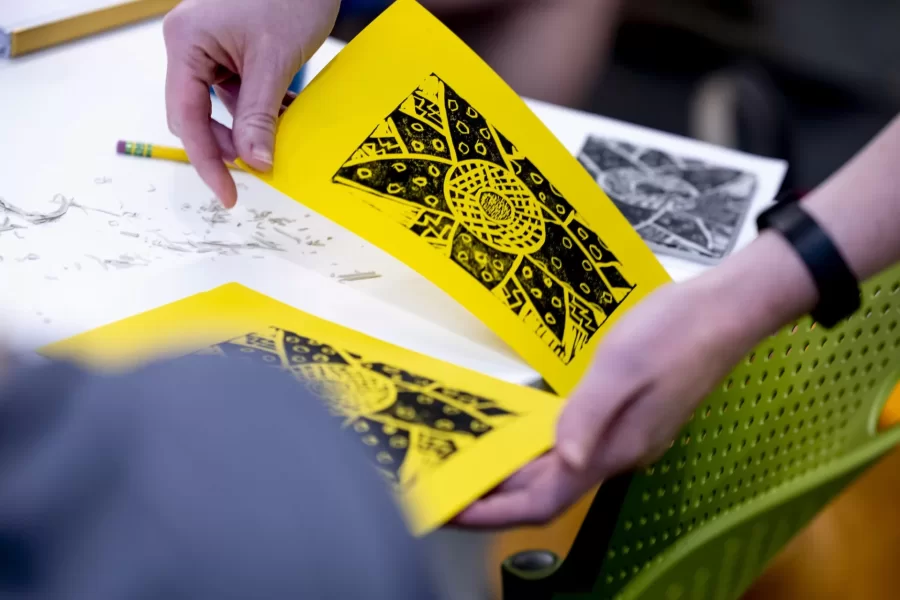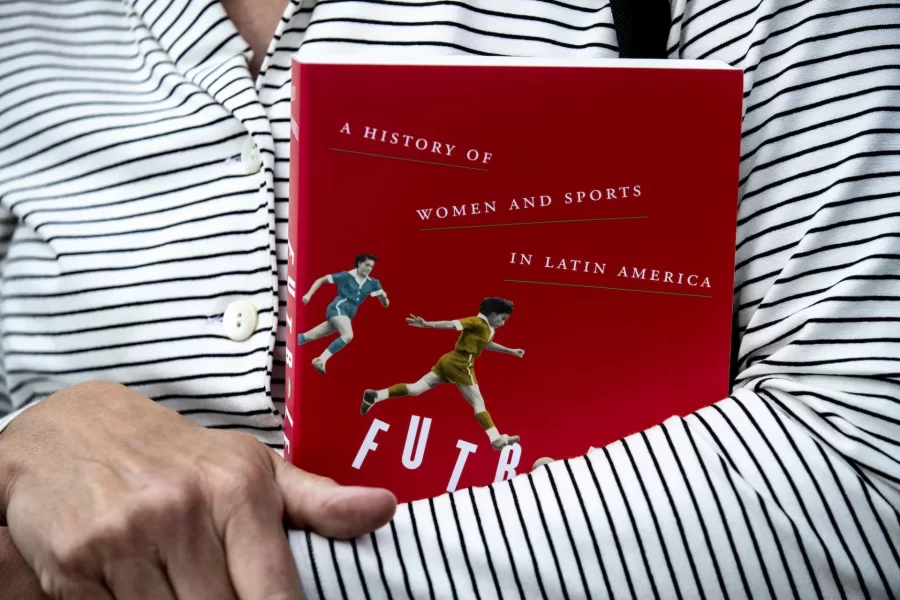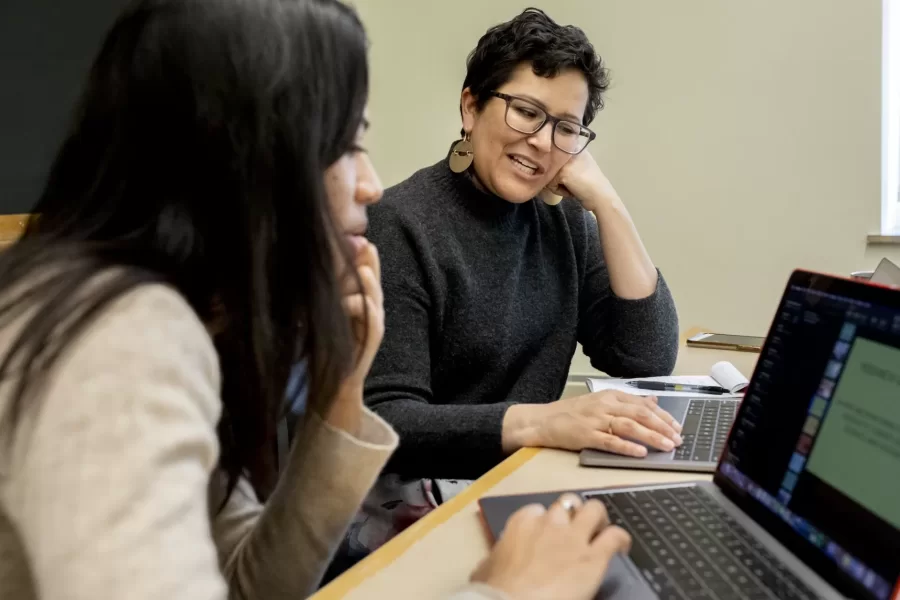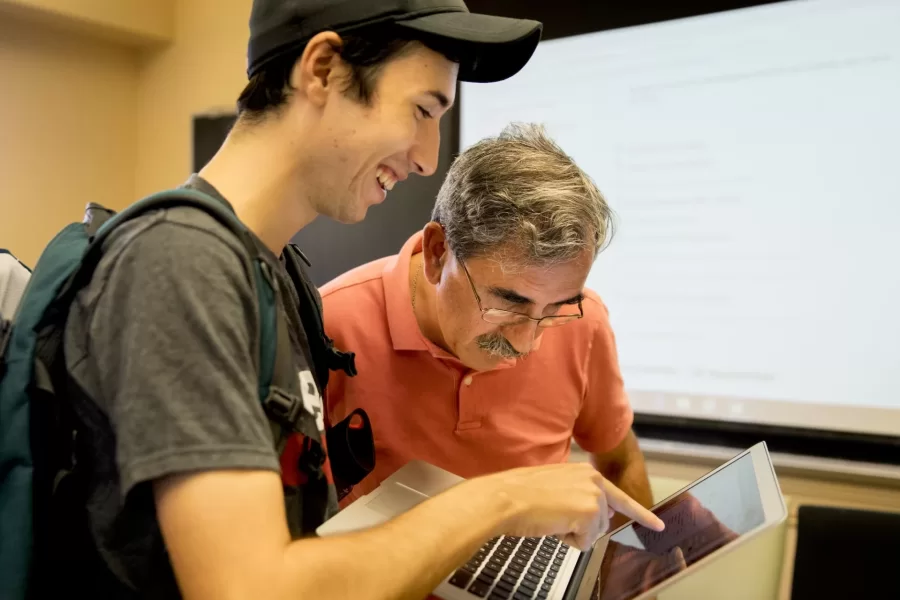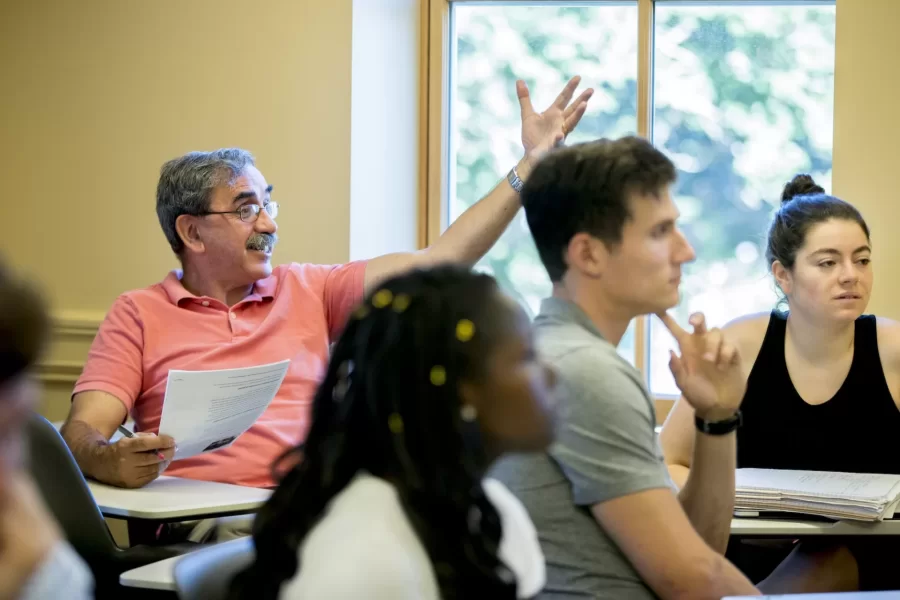About
The interdisciplinary program in Latin American and Latinx Studies (LALS) brings together different methods of inquiry to better understand the cultures, societies and environments of Latin America and its diasporas, including the many communities that historically predated the United States, people who have immigrated to the United States from various parts of Latin America, and their descendants.
The Latin American and Latinx Studies (LALS) program is an interdisciplinary program that brings together different methods of inquiry to better understand the cultures, societies and environments of Latin America and its diasporas, including the many communities that historically pre-existed the US, people who have immigrated to the US from various parts of Latin America, and their descendants. The program also explores the importance of Latin America and Latinx communities in a global context. LALS provides opportunities for students seeking to deepen connections with their own Latin American and/or Latinx heritage.
LALS offers interdisciplinary and critical perspectives on colonialism, religion, race and ethnicity, politics, gender and sexuality, indigeneity, environments, language, cultural production, migration, and economics within the region’s societies. Course offerings draw from Africana, Anthropology, Art and Visual Culture, Environmental Studies, Gender and Sexuality Studies, Hispanic Studies, History, Politics, and Religious Studies. Students learn about a diverse area of the world that includes Mexico, Central America, South America, the Caribbean, and the United States. They also consider the ongoing relevance of the interactions of the region’s indigenous population with people coming from Europe, Africa, and Asia for more than half a millennium. The on-campus curriculum and programming is supplemented with opportunities for off-campus study in Latin America and the Caribbean.
GOALS AND OBJECTIVES
The program in Latin American and Latinx Studies has the following goals and objectives:
Goals:
1. Provide a framework of study that fosters an integrated approach to understanding Latin America and/or Latinx communities.
2. Broaden students’ worldviews and challenge ethnocentric attitudes towards Latin America and/or its diasporas in the United States by expanding their understanding of diversity and difference throughout the Americas.
3. Promote students’ global fluency by cultivating empathy and by teaching the tools necessary to communicate within Latin American and/or Latinx communities.
Objectives:
Engage students in the methods of a transnational and interdisciplinary field that encompasses coursework in Africana, Anthropology, Art and Visual Culture, Environmental Studies, Gender and Sexuality Studies, Hispanic Studies, History, Politics, and/or Religious Studies.
Foster the study of Latin America and/or Latinx communities and their evolution over time and across regions.
Encourage sustained exploration of race/ethnicity, class, gender, migration, sexuality, and/or religion in the shaping of historical and contemporary Latin America and/or Latinx communities.
Develop critical thinking skills and strong oral, written, and visual communication abilities.
A degree in Latin American and Latinx Studies prepares students for work in many fields, such as US, Latin American or international government work, international business, education, international development, the nonprofit sector (e.g.–environment, human rights, health), journalism and film, the arts, and medicine.
